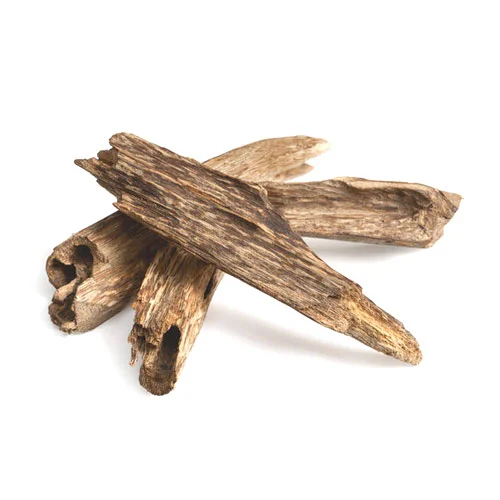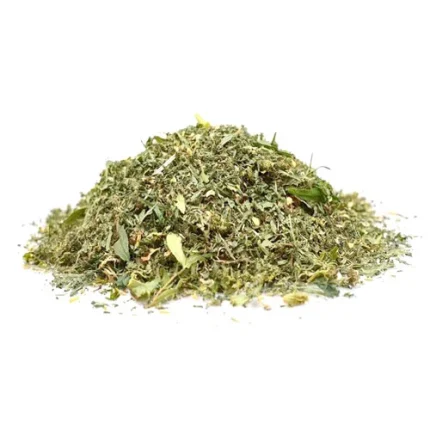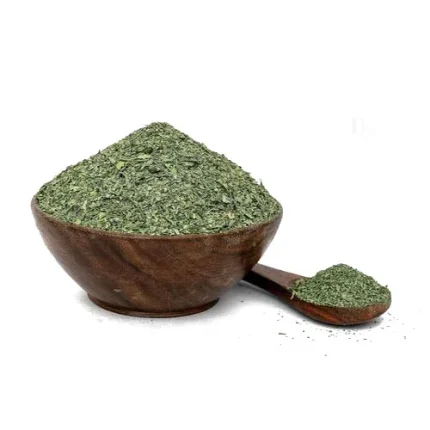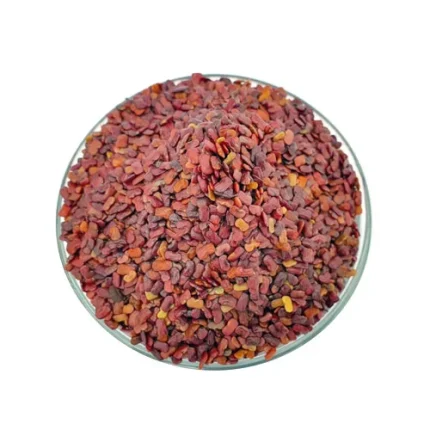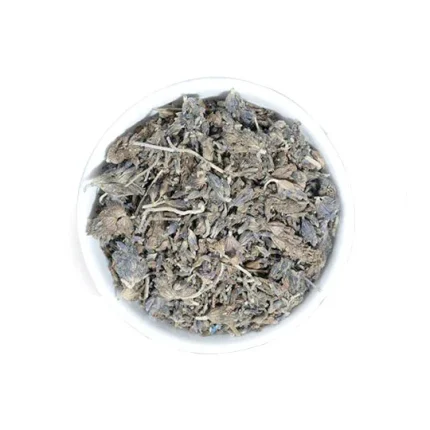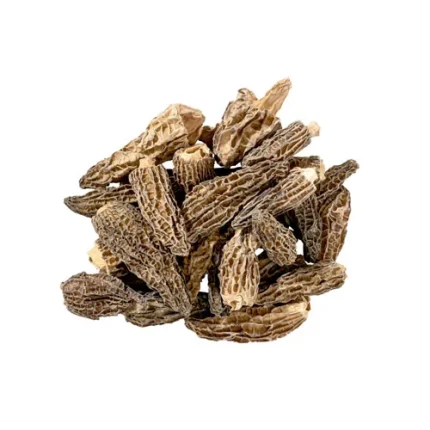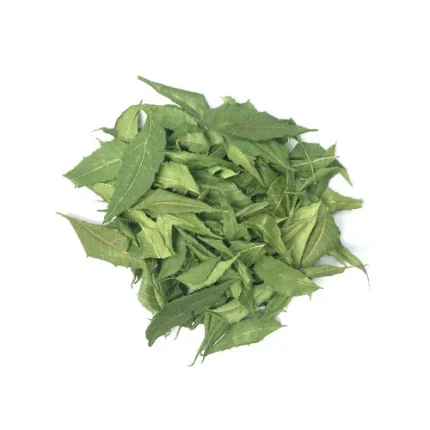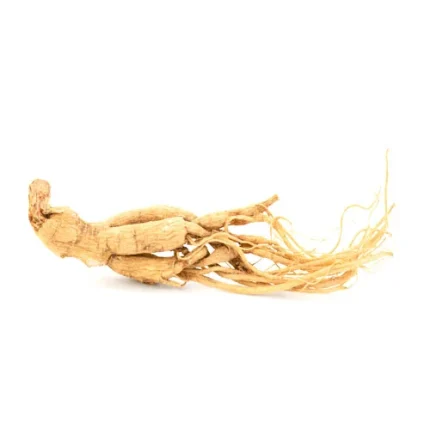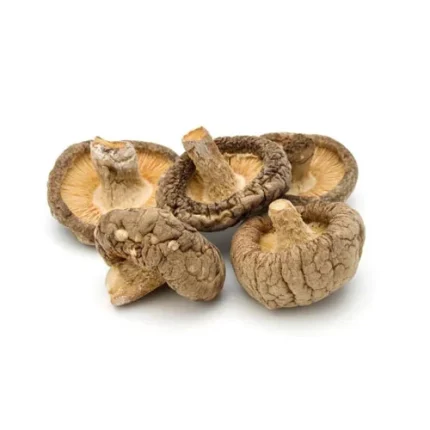
Shiitake Mushrooms (Lentinula edodes) شیٹیک مشروم
₨600 – ₨5,000
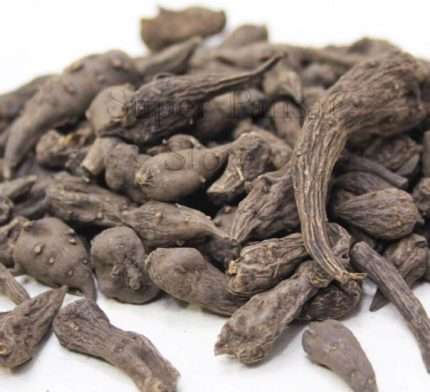
Delphinium Denudatum (Jadwar) جدوار
₨500 – ₨9,000
Agarwood (Oud) اگرووڈ
₨1,400 – ₨42,000
SKU:
N/A
Category: Organic Herbs
Tags: agarwood, agarwood farming, agarwood formation, agarwood fragrance, agarwood fungus, agarwood in perfumes, agarwood incense, agarwood oil, agarwood oud, agarwood plant, agarwood plantation, agarwood powder, agarwood price, agarwood secrets, agarwood tree, aromatic agarwood, carving agarwood, how agarwood is made, magkano agarwood, natural agarwood, organic agarwood, Organic Super Grow, pure agarwood, valuable agarwood, vietnam agarwood, what is agarwood?
Description
Overview
Agarwood, or oud, is a resinous wood highly valued for its fragrance, used in perfumery, traditional medicine, and religious ceremonies. It comes from the Aquilaria genus, particularly Aquilaria malaccensis, Aquilaria agallocha, and Aquilaria crassna, native to Southeast Asia. The resin is formed when these trees are infected by mold or attacked by insects, producing oleoresin that saturates the wood over several years.
Health Benefits
- Anti-inflammatory: Helps reduce inflammation in conditions like arthritis and joint pain.
- Analgesic: Alleviates pain, including headaches, muscle aches, and menstrual cramps.
- Digestive Support: Eases issues like indigestion, bloating, and gas.
- Respiratory Health: Relieves conditions such as coughs, asthma, and bronchitis.
- Stress Reduction: Promotes relaxation, mental clarity, and emotional well-being, often used in aromatherapy.
- Immune Support: Strengthens the immune system, supporting natural defenses.
- Aphrodisiac: Enhances libido, blood circulation, and sexual function.
Uses
- Perfumery: Adds depth, warmth, and complexity to high-end fragrances.
- Incense & Aromatherapy: Used in religious rituals, meditation, and to reduce stress.
- Traditional Medicine: Applied for digestive, respiratory, and pain-related issues.
- Religious & Spiritual Practices: Symbolizes purity and enlightenment, used in prayer beads and ceremonies.
- Crafts & Decorative Items: Carved into sculptures, jewelry, and luxury goods.
- Culinary: Occasionally used in flavoring, though rare due to its high cost.
- Traditional Woodworking: Wood is used in fine crafts like furniture and musical instruments.
Shipping & Delivery
Related products
Cannabis Leaves (Hemp Leaves/Barg e Bhang) بھنگ کے پتے
₨150 – ₨1,200
Overview Cannabis leaves refer to the foliage of the Cannabis sativa plant, commonly known as marijuana or hemp, depending on
Select options
This product has multiple variants. The options may be chosen on the product page
Indigo Leaves (Wasma) وسمہ
₨450 – ₨7,000
Overview: Indigo (Indigofera tinctoria) is a traditional herb from the bean family, known for its historic use as a natural
Select options
This product has multiple variants. The options may be chosen on the product page
Irani Fengreek Seeds (Methi Dana)
₨450 – ₨6,400
Overview Irani fenugreek seeds, also known as “Methi Dana” in Urdu, are the seeds of the fenugreek plant (Trigonella foenum-graecum).
Select options
This product has multiple variants. The options may be chosen on the product page
Lavender Flower (Ustakhadoos) لیوینڈر کا پھول
₨350 – ₨4,000
Overview Lavender (genus Lavandula) is a genus of around 30 species in the mint family (Lamiaceae), native to the Mediterranean
Select options
This product has multiple variants. The options may be chosen on the product page
Morel Mushroom (Guchi Mushroom) موریل مشروم
₨1,800 – ₨52,000
Overview Morel mushrooms (Morchella species) are a type of wild mushroom known for their distinct appearance and prized culinary value.
Select options
This product has multiple variants. The options may be chosen on the product page
Neem Leaves (Azadirachta indica/Barg e Neem) نیم کے پتے
₨150 – ₨900
Overview Azadirachta indica, commonly known as neem, nimtree or Indian lilac, is a tree in the mahogany family Meliaceae. It
Select options
This product has multiple variants. The options may be chosen on the product page
Organic Bamboo Silica (Tabasheer Bansi) نامیاتی بانس سلکا
₨900 – ₨13,500
Overview Bamboo silica refers to silica obtained from bamboo plants. Silica, or silicon dioxide, is a compound that is naturally
Select options
This product has multiple variants. The options may be chosen on the product page
Panax Ginseng
₨600 – ₨7,500
Overview Ginseng is a medicinal plant with thick roots. Its plant is short and has sluggish growth. Ginseng is light
Select options
This product has multiple variants. The options may be chosen on the product page


 Shop layouts
Shop layouts
 Food Supplements
Food Supplements




